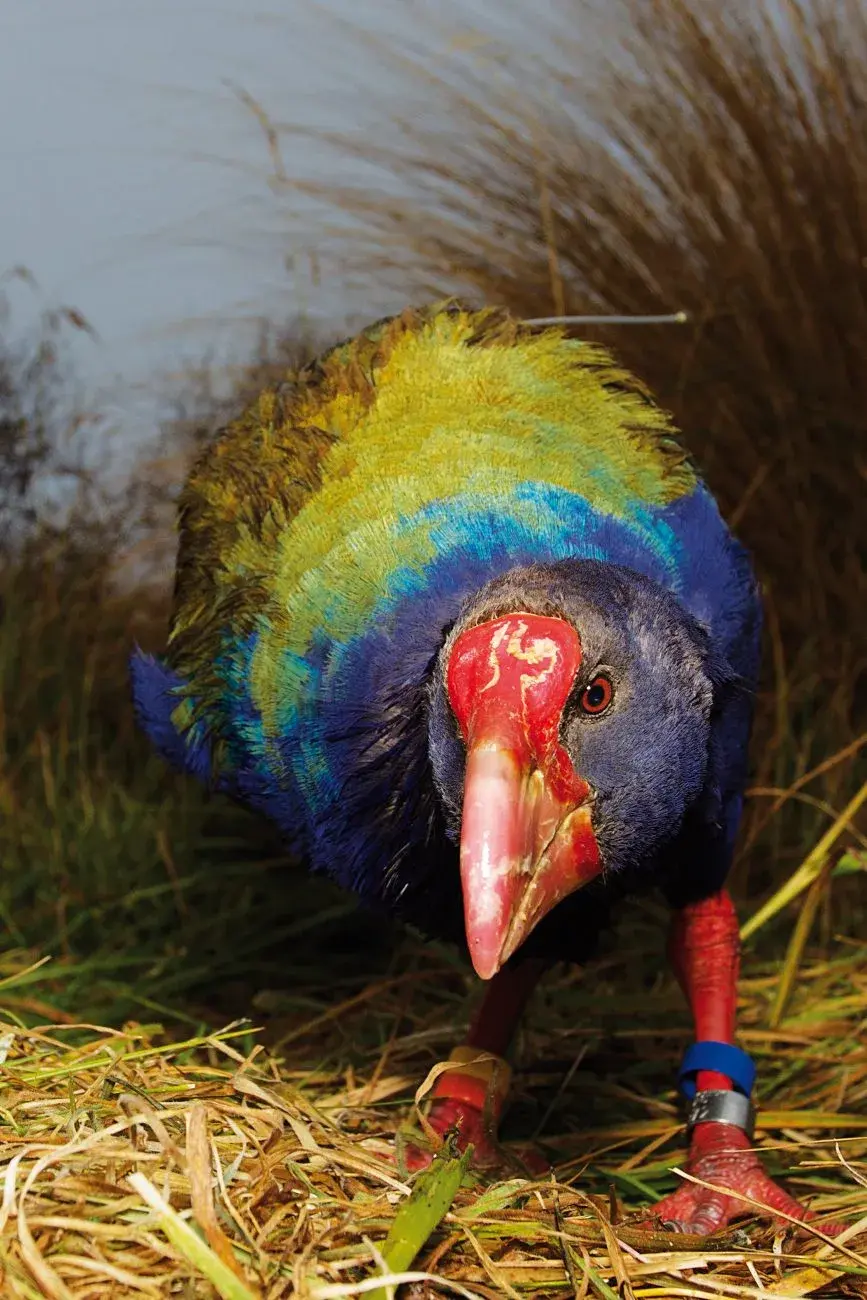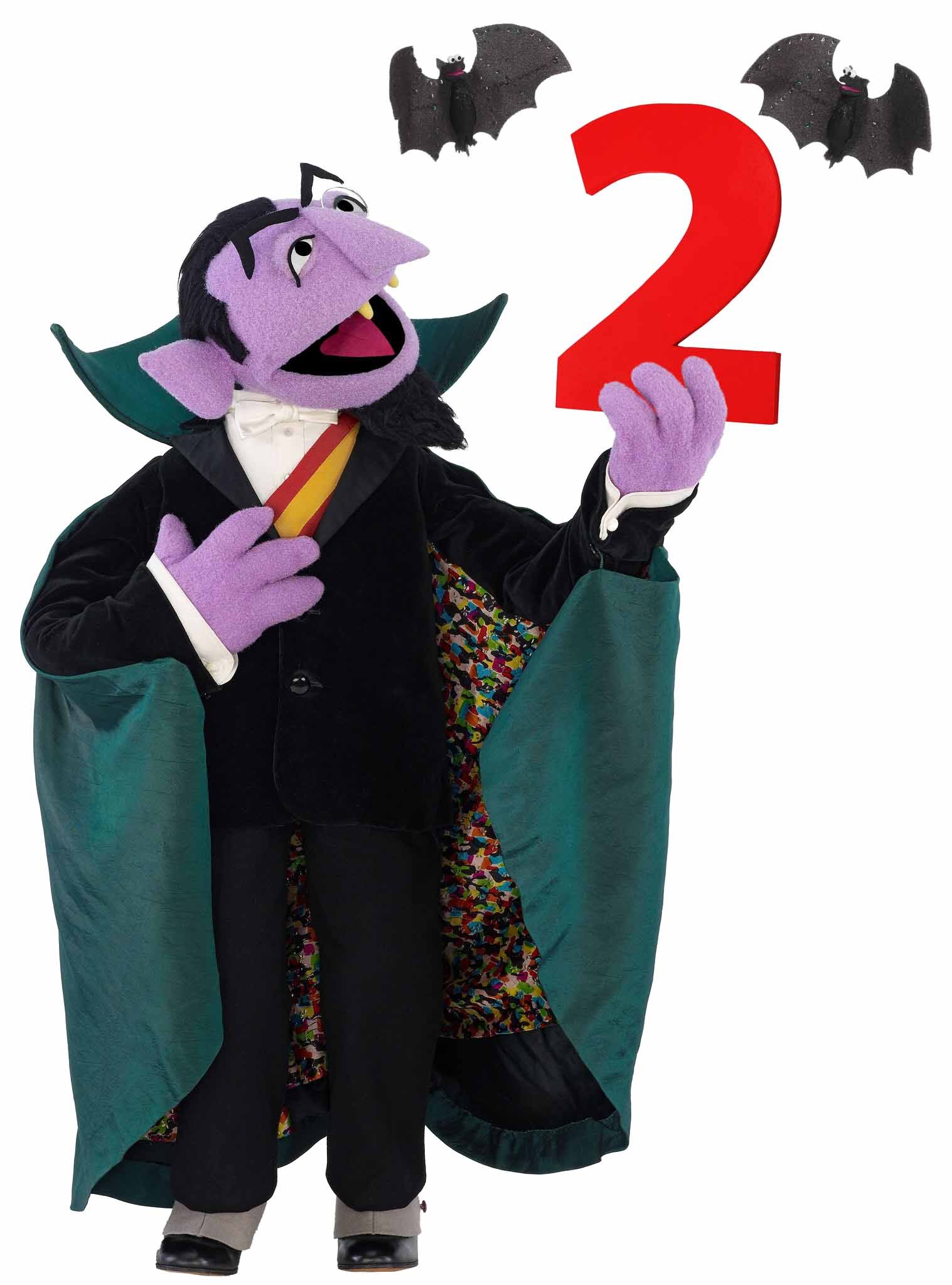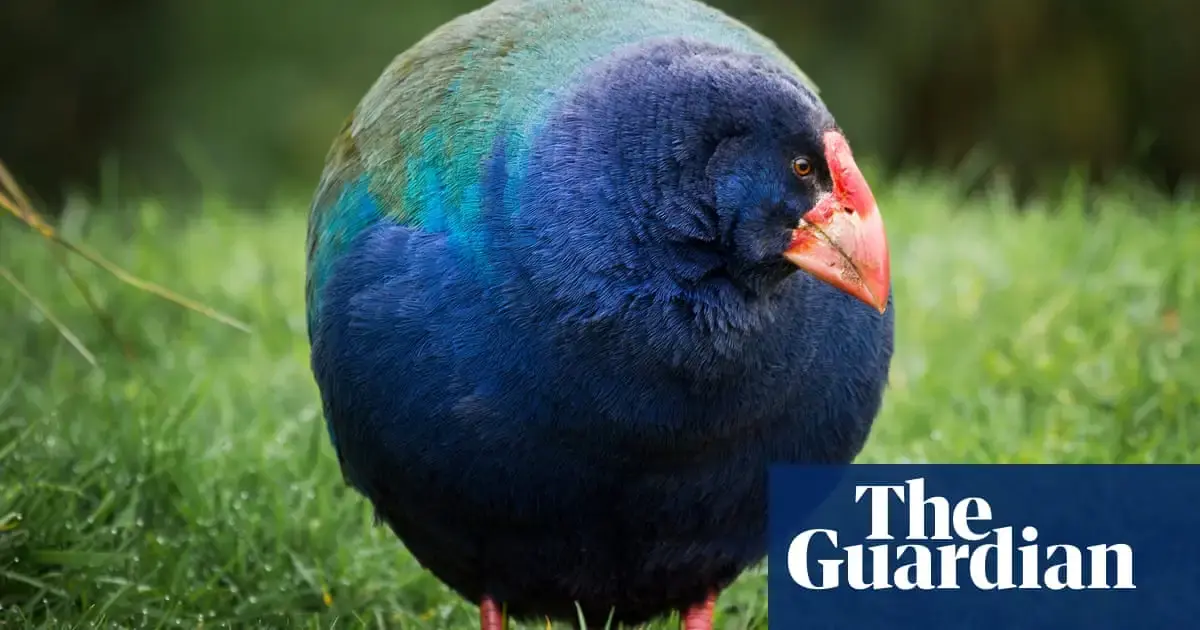In New Zealand, the return of wild takahē populations marks a cautiously celebrated conservation victory, and the return of one of the world’s rarest creatures. The birds had been formally declared extinct in 1898, their already-reduced population devastated by the arrival of European settlers’ animal companions: stoats, cats, ferrets and rats. After their rediscovery in 1948, their numbers are now at about 500, growing at about 8% a year.
Well it does help when they aren’t mistaken for pūkeko…
Id hadnt heard of these guys, but learning about them has been neat. Its nice to see an ecological success story.

Look at them! New zealand has the best assortment of small dinosaurs.
I’m from the US, and usually all we hear about Australia and New Zealand is of the scary, deadly animals. I’ve been happy to see so many articles on Lemmy about all the work they are doing on endangered animals like this bird and the bandicoots.
I’m also surprised that so many of these programs seem to involve indigenous people. I don’t know much about that part of the world, but I wish we would involve our native people in things like this. It feels we still keep ourselves cut off from each other. It makes all these feel good animal stories into feel good people stories.
New Zealand doesn’t really have any deadly animals.
No scorpions, snakes (other than the very appearance of a sea-snake), crocs, large cats, bears, etc. Our most venomous spiders can generally only make most people a little bit unwell. We might occasionally see a potentially dangerous shark but they’re so rare that I can’t recall when a notable attack happened.
Our insects aren’t generally disease spreaders - though we’ve come close a few times to some getting a foothold.
Colonists introduced many destructive species but nothing very personally dangerous. In theory there could still be moose, but it seems unlikely.
The only NZ native land-mammal is a tiny bat as far as I know.
There is the small problem with orcs, goblins, trolls and Australians… but it’s okay, we have a wizard (retired?).
How very dare you. Two tiny bats!
I missed the other ones… Must’ve been hiding behind the first one…
Long tailed bat and short tailed bat.
We used to have 3 but the bigger version of short tailed bats died out.
Two! Two bats!

(The actual bats don’t look anything like these bats. This is just a tribute)
Thank you for all that! As I said, we don’t seem to get taught much about that part of the world. LotR is probably the only NZ thing I can recall of the top of my head, which is pretty embarrassing.
In that case let’s really blow your mind…
A Kiwi is a bird or a person, not a fruit.
… Also New Zealand is comprised of three major islands North Island, South Island and West Island… Also some of my facts may be slightly inaccurate - but not the bit about the fruit.
I had heard the kiwi stuff, but you had me second guessing myself!
I did look up the island names since I had never heard Aotearoa before, and a few of the blurbs say there are a few hundred actual islands that make up New Zealand, but it seems nobody can agree on an actual number because they all have a different estimate.



